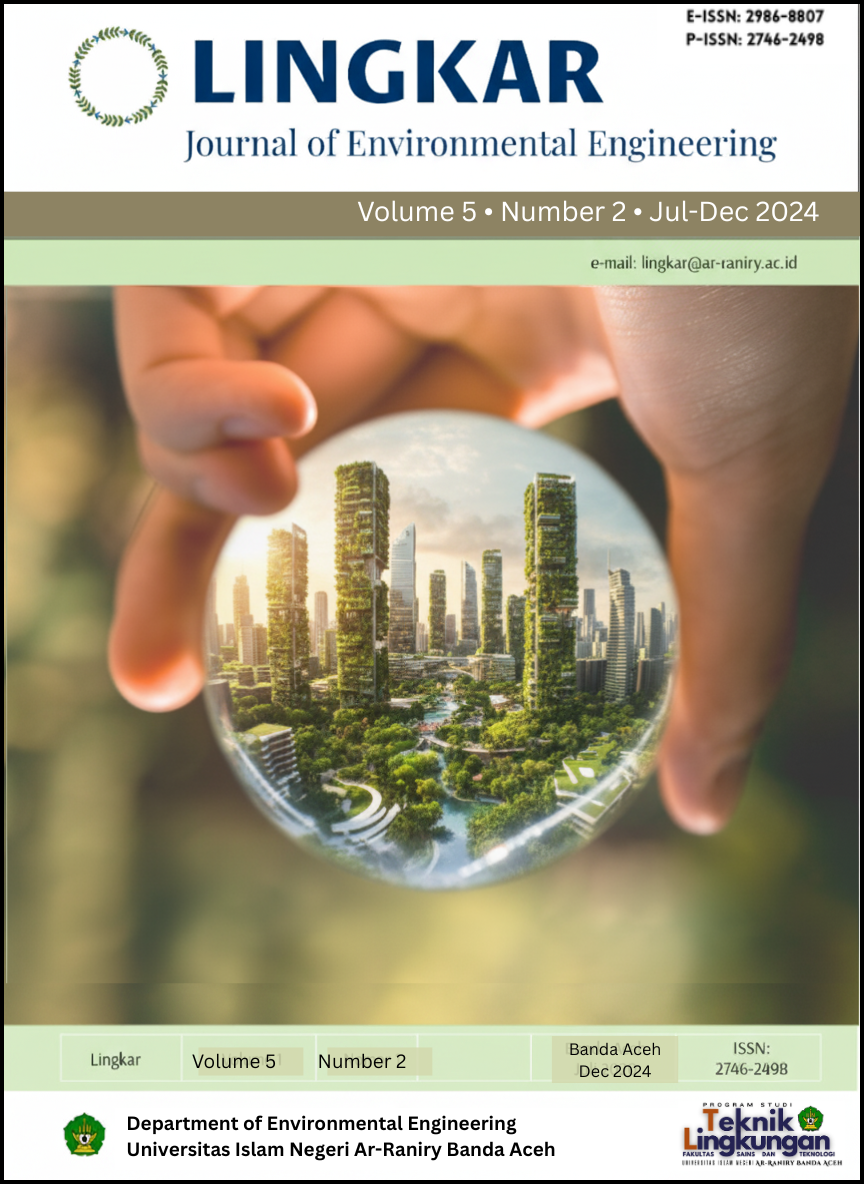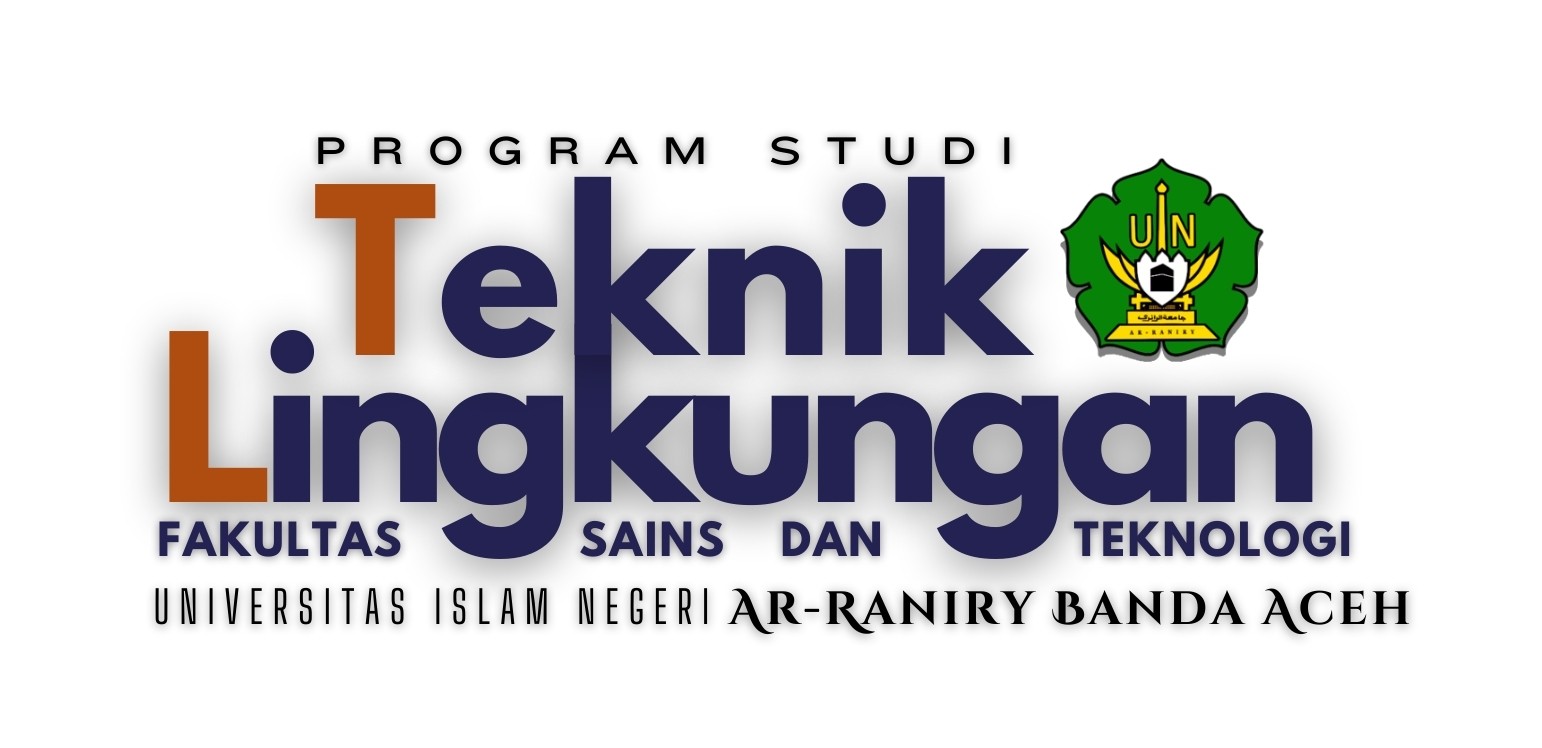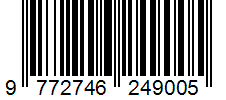COD REMOVAL PERFORMANCE USING MORINGA OLEIFERA SEEDS IN ABATTOIR WASTEWATER TREATMENT
Keywords:
Moringa seeds, Biocoagulant, Coagulation-flocculation, Abattoir waste waterAbstract
High COD levels in abattoir wastewater might cause negative impact to the environment, hence it must be lowered before being discharged into the environment. The seeds of moringa plant (Moringa oleifera) contains quite high levels of protein compounds, makes it potential as biocoagulant in coagulation-flocculation process for wastewater treatment. The objective of this research is to discover the potential of biocoagulant from moringa seeds powder in decreasing COD levels on abattoir waste water treatment. The research was performed with biocoagulant dose variations 0 g; 0.5 g; 1 g; 1.5 g; 2 g; and 2.5 g, utilizing rapid mixing at 120 rpm, and slow mixing at 30 rpm with duration 2 and 30 minutes respectively. The result showing that the optimum dose obtained at 2 g, with percentage of decreation by 93.97%. Based on the research, it is concluded that the biocoagulant derived from moringa seeds can perform effectively in COD removal of abattoir wastewater treatment.
References
Adesina, O. A., Abdulkareem, F., Yusuff, A. S., Lala, M., Okewale, A. O., (2019) Response surface methodology approach to optimization of parameter for coagulation process of surface water using Moringa oleifera seeds. South African Journal of Chemical Engineering. Vol. 28, 46-51.
Amran, A. H., Zaidi, N. S., Muda, K. & Loan, L. W. (2018). Effectiveness of Natural Coagulant in Coagulation Process: A Review. International Journal of Engineering & Technology. 7 (3.9) 34-37.
Aras, N. R. M. and Asriani, A. (2021). The Effectiveness of Moringa Oleifera L. Seeds as a Biocoagulant in Reducing Liquid Waste of The Soft Drink Industry. Sainsmat. Vol. X No. 1.
Askar, A. S. A., & Dakhil, A. S. (2023). Efficiency of Moringa oleifera Seeds As a Natural Alternative to the Chemical Coagulant in the Drinking Water Treatment Process. Journal of Wildlife Diversity. Vol. 7 (Special issue): 196-216.
Desta, W. M., & Bote, M. E. (2021). Wastewater Treatment Using a Natural Coagulant (Moringa oleifera seeds): Optimization Through Response Surface Methodology. Heliyon, All-Science Journal. 7 (2021) e08451.
Harahap, J., Ashari, T. M. & Munar, C. H. (2022). Pemanfaatan Serbuk Biji Kelor (Moringa oleifera) Sebagai Biokoagulan Pada Pengolahan Air Limbah Penatu. Vol. 4 (1). 7-15.
Kinanti, U., Rahman, A., & Harahap, J., (2023). Pemanfaatan Biji Trembesi (Samanea saman) Sebagai Koagulan Alami Pada Pengolahan Air Limbah Rumah Potong Hewan (RPH). Amina, Ar-Raniry Chemistry Journal. 5 (2). 63-71.
Kurniawan, S. B., Abdullah, S. R. S., Imron, M. F., Said, N. S. M., Ismail, N. I., Hasan, H. A., Othman, A. R. & Purwanti, I. F. (2020). Challenges and Opportunities of Biocoagulant/Bioflocculant Application for Drinking Water and Wastewater
Downloads
Published
How to Cite
Issue
Section
License
Copyright (c) 2025 Arief Rahman, Febrina Arfi, Juliansyah Harahap, Nadia Shahira

This work is licensed under a Creative Commons Attribution-ShareAlike 4.0 International License.














